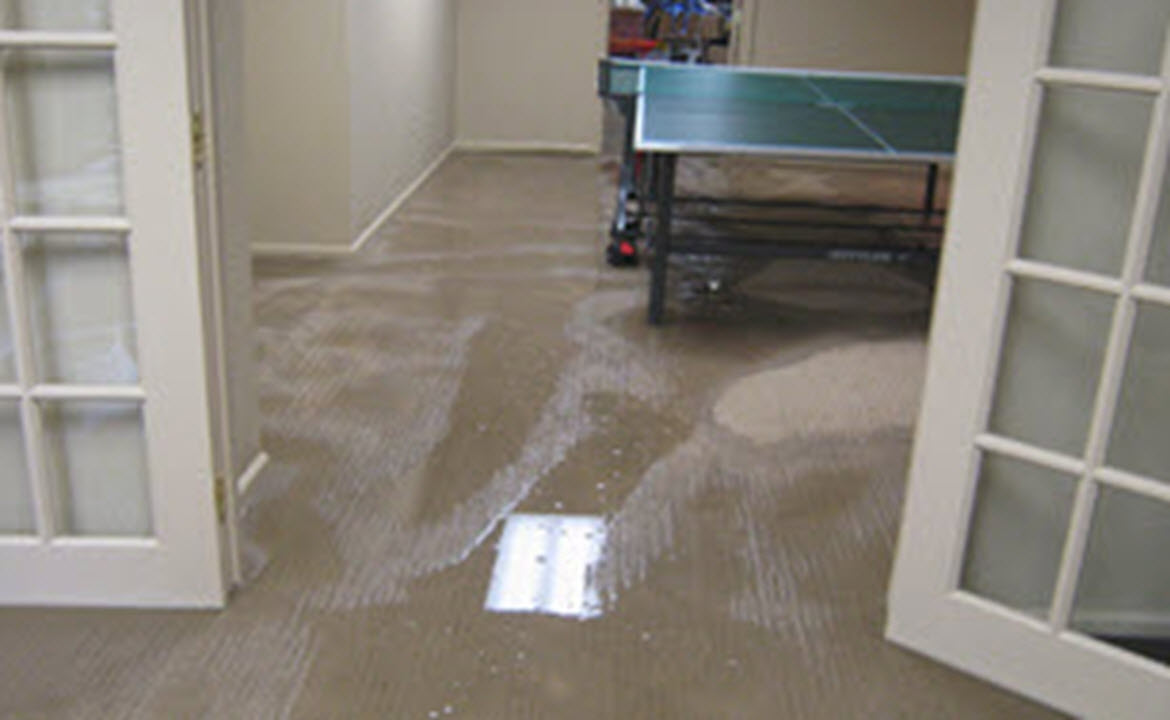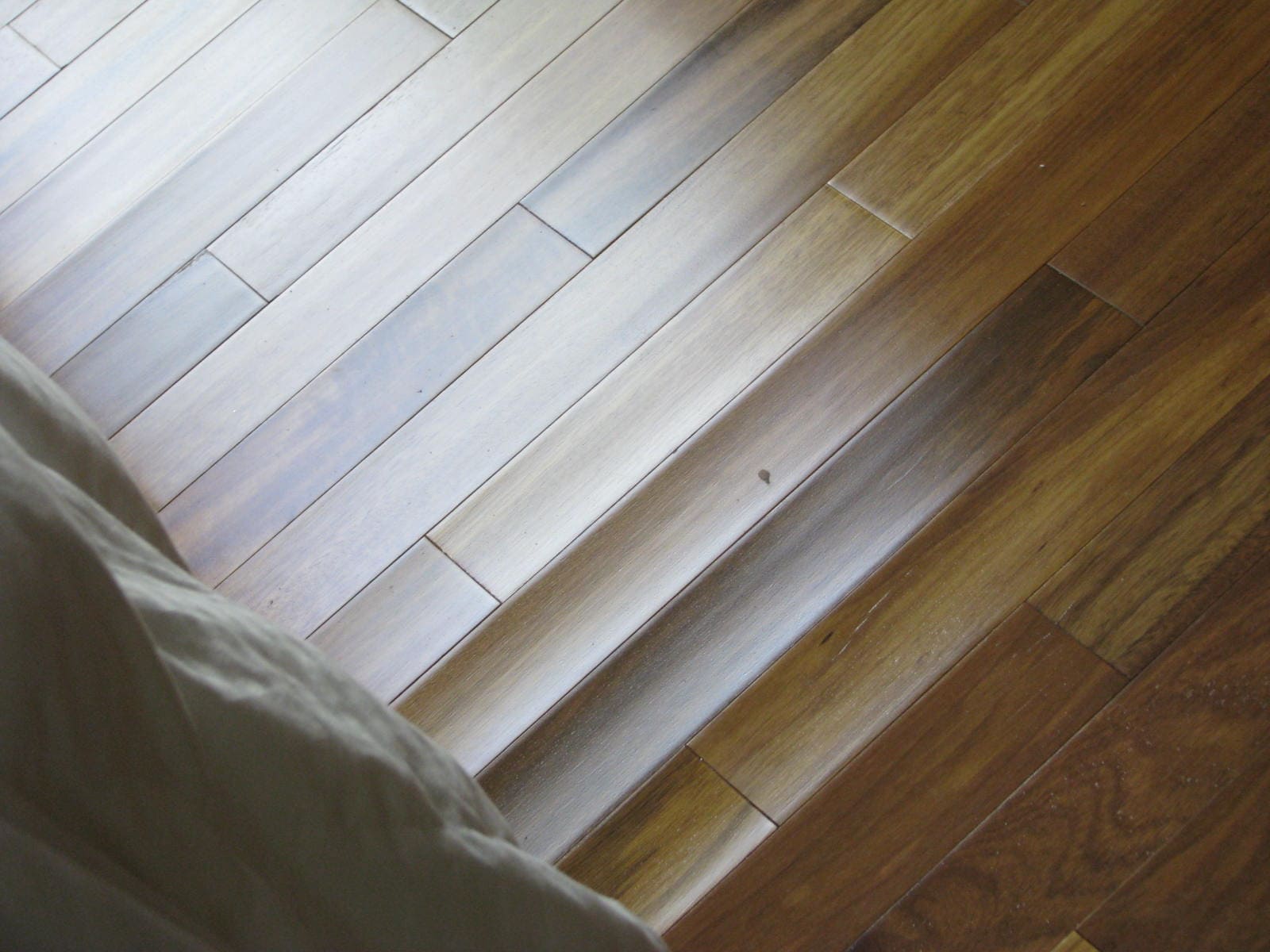Visit Our Site
What're your thoughts with regards to Top leak detection hacks?

Environment modification and also international warming have made their mark not just on nations yet also communities. When risk-free locations have experienced much more flooding as well as groundwater invasion contrasted to current years, the. For many home owners, groundwater breach is already a headache as it breaks through the surface.
Understanding the indications is constantly a trick for avoidance and also mitigating water damages and also groundwater intrusion. Groundwater intrusion is one of the worst damages to your home. To prevent groundwater instruction, regular evaluation of leaks in your home as well as examine if your basement is wet. A damp basement implies that groundwater is coming in from under your residence or nearby.
Because it triggers mold as well as mildew growth, climbing groundwater is a relentless problem. It additionally adds to wood rot, which even more results in architectural problems. An enhanced amount of groundwater makes your home extra vulnerable to flooding. You can still avoid groundwater from damaging your precious house. Here's just how!
Water-proof your Basement
Waterproof your cellar now and also don't wait prior to it's too late. This action ought to be a must specifically if you're in a location prone to flooding. Waterproofing needs to be done before the view of a flood shows up. The groundwater can break in with rain and also flooding if you do not hurry.
To waterproof your basement, fill up the cellar with more concrete to avoid any type of groundwater concerns. Installing concrete and using waterproofing actions seals your cellar and secures it from water breach.
Consider Installing a French Drain System
A French drainpipe system comes with polypropylene tubing. This type of drain system helps as a channel, which is lined with concrete. Further, they don't look obvious to an unfamiliar person's eye since these drains pipes appear like a pipeline or trench that assimilates their atmosphere. The benefit of this system is it safeguards your residence from extra issues as it stops the water from seeping into your structure.
Additionally, this system quits your floors from water flooding. Installing this system safeguards your structure. You won't need to fear essential repair work connected to m water damages. The system is very easy to set up - you quickly change this kind as well as fit of system anytime.
Invest in Numerous Sump Pumps
Sump pumps are really inexpensive materials and are offered in hardware shops. The pump's main objective is rerouting the water from inflowing your house. This tool can shield your home from increasing groundwater. A sump pump will supply a layer of defense if you really feel distressed regarding groundwater seeping into your basement. Due to the fact that they are affordable and simple to set up, numerous individuals prefer this. It can likewise spike up your energy costs.
Install these pumps (and several of them) in your basement or crawlspace. When setting up, make certain that the tubes is placed into a drain or out onto the street.
Increase the Residential Property Completely
Raising the foundations of your home completely is a veteran and also effective service to stop incoming groundwater. It is the most expensive choice. The total process involves producing a brand-new, higher structure to increase the home above the disaster area. This action will also enhance your home's building worth and also help in selling your house ultimately.
Applying these tips will help protect your residence and also possessions versus water damages. If you attempted all of these pointers as well as still got water damage, it's best to call in the specialists. Call a water repair business right now to aid you come back on the right track.
The once secure locations have experienced extra flooding as well as groundwater breach compared to recent years. Knowing the indicators is constantly a secret for prevention and mitigating water damage and also groundwater invasion. Groundwater intrusion is one of the worst problems to your house. To avoid groundwater guideline, normal evaluation of leakages in your home and inspect if your cellar is damp. To water-proof your basement, fill up the cellar with more concrete to prevent any type of groundwater concerns.
Tips for removing water and drying your hardwood flooring after a flood
Water and wood just don t mix. If you ve been following the aftermath of Hurricane Harvey or Hurricane Irma, this should come as no surprise. When water sits on top of hardwood floors, it can permanently ruin the hardwood as the wood will absorb the water through its pores causing warping and discoloration. So, if you have a flood or water damage (or even just a spill) on your hardwood flooring, you ll want to remove the water and dry your floors as quickly as possible.
What happens when your hardwood absorbs water?
Wood can get wet (or moist) in a number of ways a flood from outside from the rain, leaky pipes (or frozen pipes), ice damming, a toilet overflow, a leaky roof, a hurricane or storm, an appliance breaks or leaks (e.g. dishwasher or washing machine), a fire (with water used to extinguish the fire), water spills/accidents, pet accidents, a high water table in the ground that then forces water into your sub-floor from the ground.
Will my insurance company cover my water damaged flooring?
Whether or not your insurance will be cover the damage depends on your insurance plan and the cause of the damage. Please note that most homeowners (less than 20%) have flood insurance. So, if the damage was from flooding (i.e. it came from outside the house), there s a good chance you aren t covered.
Use a wet vacuum to suck up all the standing water
You want to quickly absorb as much water as you can. Note: you may want to turn to a professional mitigation company as they specialize on water extraction and have the best equipment. If you choose to do this yourself, here s a wet vacuum I d recommend. Note: keep vacuuming even after you ve removed all visible water as there is still water from the invisible pores in the wood. You ll see that that the wet vacuum continues to suction up water for a while.
Clean the surface with a disinfectant
Remember, you need to prevent mold in addition to preserving your hardwood floors. You should use a non sudsy disinfectant (e.g. Mr Clean). Once you ve finished this, use the wet vacuum again to remove any leftover water.
Use a dehumidifier
Place a dehumidifier in the center of room. If you can get more than one, that s even better. Be sure to clear the water every few hours (and make sure the filter is clean as well). Make sure the dehumidifier runs for at least 24 hrs, but you may need to use it for 2 to 3 days or even longer, pending on the severity of the water. In some cases, it s advisable to use a dehumidifier for several weeks.
Supplement with large fans (and air conditioning)
Accelerate the drying process with fans. Point the fans towards the floor. Also, be sure to open the windows around 2 inches for better air circulation/ventilation (and keep the door open). This will allow excess moisture to evaporate and create more cross ventilation. (If it s raining or extremely humid outside, then keep the windows shut and just keep the doors to other rooms open and use a dehumidifier). Put the fans on the highest level (i.e. full blast) and point them towards the floor. If you have some that oscillate, even better.
https://theflooringgirl.com/blog/save-hardwood-floors-water-damage-flood/

As a fervent person who reads about Hacks to detect leaks, I figured sharing that editorial was beneficial. Sharing is caring. Helping people is fun. Thanks so much for your time invested reading it.
Dial, we're waiting!